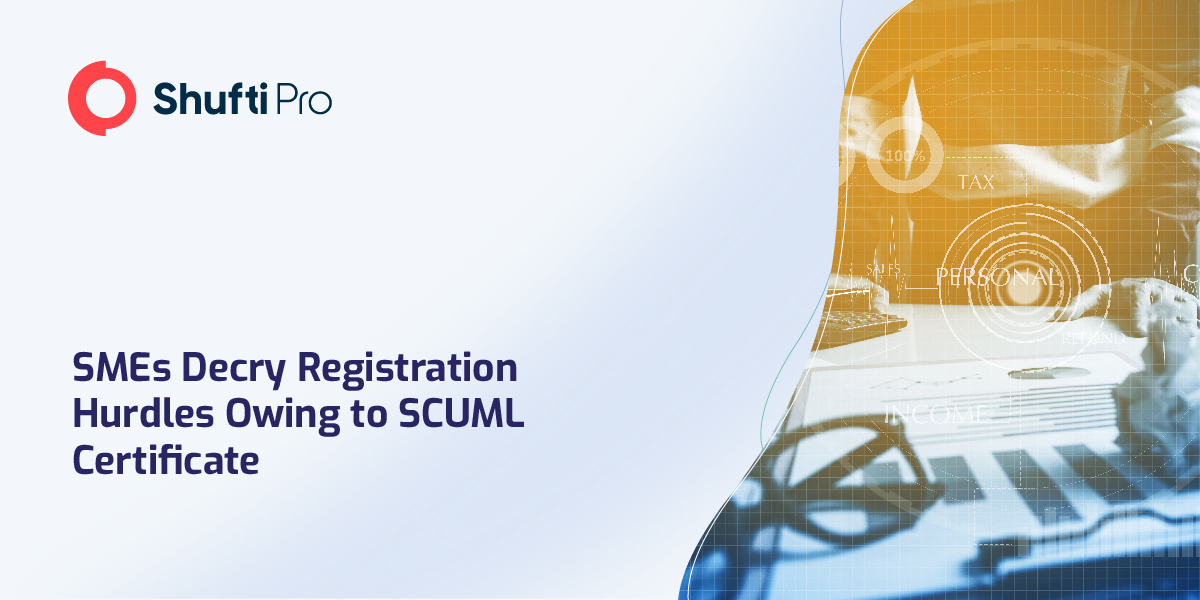SMEs Decry Registration Hurdles Owing to SCUML Certificate

SMEs have decried hurdles in opening business/corporate accounts due to the Anti Money Laundering (AML) certificate required from the Economic and Financial Crimes Commission (EFCC).
Designated Non-Financial Businesses and Professions (DNFBPs) in Nigeria must get the certificate, also known as the SCUML certificate, from the EFCC to open an account.
The Federal Government formed the Special Control Unit Against Money Laundering (SCUML) in September 2005 in accordance with the Money Laundering (Prohibition) Act 2004, which had been repealed and later revised into the Money Laundering (Prohibition) Act 2011 (as amended), and now, into the Money Laundering Prevention and Prohibition Act of 2022.
SCUML was established as one of the steps in the execution of the Financial Action Task Force (FATF) Recommendations on Anti-Money Laundering/Combating the Financing of Terrorism (AML/CFT) in Nigeria.
The Central Bank of Nigeria (CBN) had directed DNFBPs, who are already clients of financial firms, to update their account details with proof of SCUML registration in a circular FPR/CIR/GEN/Vol.1/028 dated August 2012.
Ever since all new DNFBPs are needed to get the SCUML certificate in addition to the l Know Your Customer (KYC) criteria before registering for an account, and any bank that fails to do so will be fined N2m for each account.
The businesses that are subject to SCUML regulation include those who deal in luxury products, jewelry, chartered/professional accountants, audit firms, and tax consultants, to mention only a few. However, not mentioned on the SCUML site, it is also necessary for foundations and nongovernmental organizations.
The legal support SCUML has received would assist it in combating the EFCC’s suspicion that some of these companies are being used to launder billions of Naira.
Suggested Read: EFCC Urges DNFBPs to Align Operations with Newly Enacted Money Laundering Prohibition and Prevention Act 2022

 Explore Now
Explore Now













